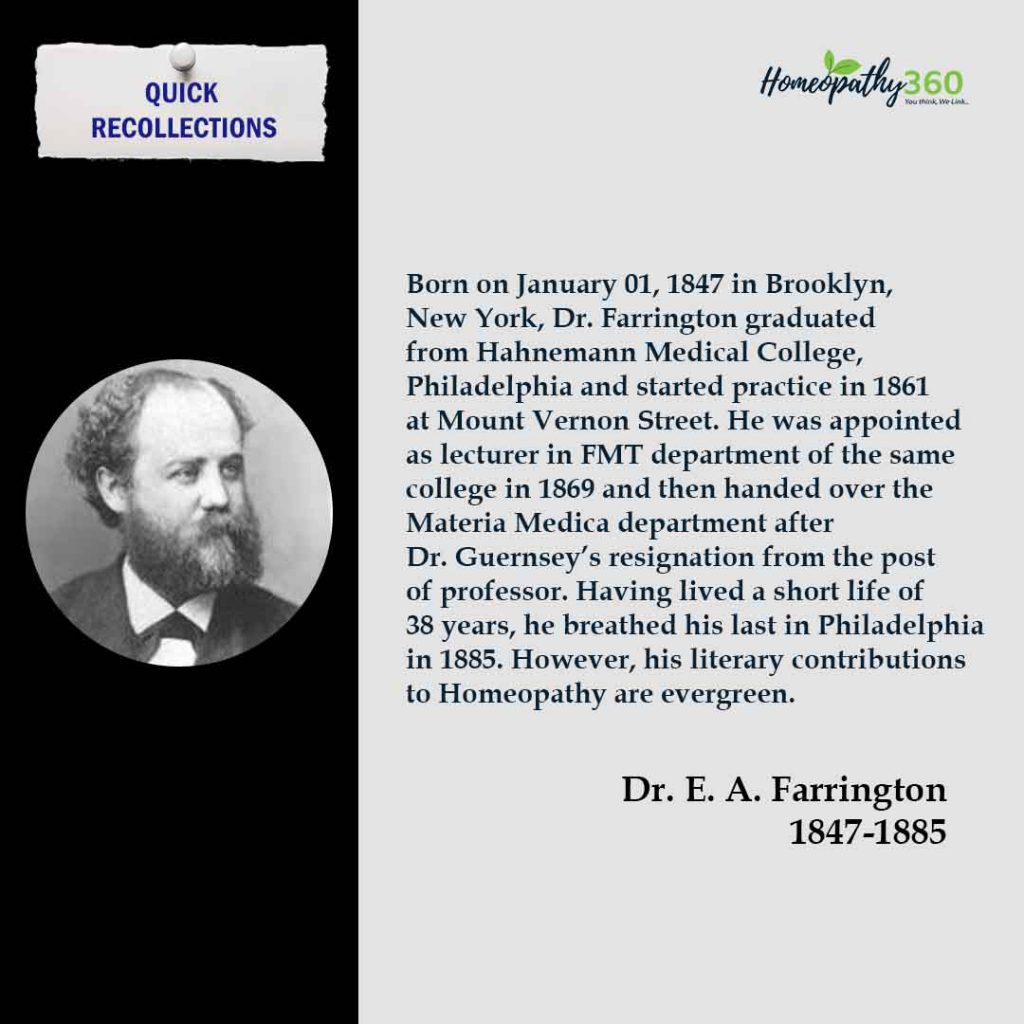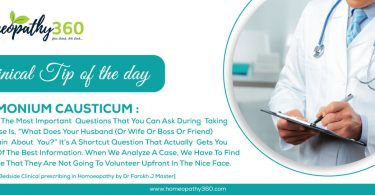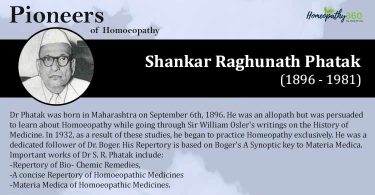
The subject of this sketch, Dr. Ernest A. Farrington, was born January 1, 1847, at Williamsburg, Long Island, N. Y., and died at Philadelphia, December 17, 1885. During his early years his family removed to Philadelphia, at which place he received his education, and rapidly rose to eminence in his profession.
Having already, during his early childhood, given evidence of exceptional intellectual ability, he passed through his school life with the highest commendation of his teachers.
After his entrance to the High School he seemed to develop an intellectual capacity rarely witnessed in one so young. He grasped and utilized facts with such vigor that his teachers looked upon him as quite a phenomenal boy. Often have I heard his teachers, professors of the High School, remark upon his aptness, clearness of thought, and remarkable proficiency in the various studies embraced in the curriculum of the school.
It may here be worthy of passing note, that, during his entire school and student life, he endeared himself to his teachers, not less by his genial manners, than by his remarkable intellectual qualities.
Having completed the prescribed course at the High School, he made a most brilliant examination and was graduated, not only at the head of his class, but with the highest average to that time attained by any graduate of the institution.
During the following summer he visited his birthplace, spending the summer there and in New York city. Early in the fall he returned to Philadelphia, there to resume his favorite occupation, study.
Under the preceptorship of his brother, H. W. Farrington, M. D., he in the fall of 1866, matriculated in the Homoeopathic Medical College of Pennsylvania.
Here, again, the characteristics of his early life became the remark of his fellow-students, and it was not long before he was looked upon as one of the brightest students of his class. His quickness of perception, his ready memory, his devotion to study, and conscientious estimate of the responsibilities of his calling, marked him as one of the most promising students of our school. Coupled with all this, was an unusually strong religious bent of mind. His religious views were, however, of that happy type which but illuminate life’s way, never casting shadows of doubt or gloom. His highest aim was to do right because it was right; that he accomplished this, all who knew him will attest.
When the Hahnemann Medical College of Philadelphia was chartered, in 1867, it became a question of serious import to him as to Whether he should continue in the College with which he was connected or join the new institution. After lengthened consideration, he decided to sever his relationship with the old College. He became the second matriculant of the Hahnemann Medical College of Philadelphia. Here, again, he won unstinted praise, and graduated March, 1868, having enforced the full conviction upon the minds of all, both Faculty and class, that he had no superior in the class of “68.” To the honor of all, let it be said that envy never tainted the commendation of one; every graduate delighted to accord to him his full meed of praise.
He entered practice immediately after his graduation, establishing himself at the residence of his father, 1616 Mount Vernon Street. His arduous labors in the pursuit of knowledge, during the years of college life, followed by even greater efforts during his early practice, made preceptible inroads upon his otherwise strong constitution; this led him, during the summer of 1869, to take a short European trip, from which he returned much improved in health. He reentered practice with renewed vigor, and speedily succeeded in securing a large and appreciative clientele.
On the 13th of September, 1871, he consummated in marriage an engagement which had for some time existed with Miss Elizabeth Aitkin, of Philadelphia, an event which brought more than usual joy, as in his wife he found a most congenial and helpful spirit, both as to his professional and religious life. Four children, three boys and one girl, have blessed this union.
Dr. Farrington was essentially a teacher among men. Already we find him, in the spring of 1869, filling a lecturer’s appointment as teacher of Forensic Medicine in the spring course of the Hahnemann Medical College. These lectures proved to be so satisfactory that the Faculty, on the resignation of the Professor of Forensic Medicine, after the session of 1869-70, elected him to fill the vacancy. Within two years, the chair of Pathology and Diagnosis becoming vacant, he was appointed to fill the same, and in 1874, upon the resignation of Dr. Guernsey, then Professor of Materia Medica, he was called to fill that most important chair.
His ambition was now about to realize the attainment of its highest aim. This had really been his true field of labor-here his deepest studies were made; here was, indeed, his life work.
Possessed of superior analytical powers, he never felt satisfied to accept a view or theory save it were demonstrably true; he, therefore, made deep and thorough research and study upon every question involved in the subject of homoeopathy; the law, dosage and potency questions all were subjects of much interest, but above all, his delight lay in the study of the Materia Medica.
His daily association with Hering quickened this his natural desire, and he was soon recognized by that master spirit of our school as one well fitted to a place in the highest rank among the expounders of that most intricate science, Materia Medica. Hering delighted to say, “When I am gone. Farrington must finish my Materia Medica.”
His labors in this direction were not restricted to simply reviewing old provings, but were rounded out unto fulness by personally supervising provings of both old and new drugs. While he certainly possessed a wonderful memory for symptoms, the most prominent feature of his teaching may nevertheless be said to have been his ability to thoroughly analyze the specific drug action, showing not only the superficial but also the deeper relationship of symptoms.
Family and class relationship of drugs he studied with deepest interest. In fact, his “Studies in Materia Medica,” a few of which have been published in the Hahnemannian Monthly, belong to the classics of our school.
On his election to the chair of Materia Medica, he devoted much of his time to the development of a method which, while full and comprehensive, would at the same time present a simplicity which would enable every student to intelligently study this most difficult subject.
He infused such new life into this usually prosy subject, that it soon became the favorite hour with many, and to all an hour of interest and profit. To the earnest student it became rather a recreation than a task. His analytical mind carried the students through labyrinths of symptoms and mazes of modalities, with such clear and concise directions as to the way, that the thoughtful student might ever after feel able to traverse the same alone.
His writings all bear the impress of a master mind. Already in 1871, scarcely three years subsequent to his graduation, we find him dealing with the philosophical elucidation of drug prescribing, in language indicating depth of knowledge rarely found even among our oldest practitioners. In illustration, permit a short quotation from his report of a case published in the Hahnemannian Monthly, April, 1871.
“It is a singular fact that all of the tribe of Senecionideae, Ord. Compositae which we have proved (Cina, Artem. vulg., Cham., Tanacet., Arnic., Senecio grac.) have relief from some form of motion.
“The Artemisia vulgaris resembles the Cina in nervous troubles, but, as it is in conjunctive, relationship, it can not be used immediately before or after Cina. As a disjunctive relative, and hence one that follows well, Silicea corresponds to the somnambulistic state, and Silicea, Nux vom. and Caust., to the irritation of the solar plexus giving rise to spasm.
“The Absinthium (wormwood), another member of the Artemisiae, when drunk in brandy (a famous drink used to stimulate the brain by actors, etc.), I have seen produce the delirium embriosorum, which was only relieved by pacing the floor, showing again the general relief from motion.”
Thus we find him, as a beginner in years, treating the Materia Medica as by the hand of a master. The literature of our school has been greatly enriched by his pen; for though he did not strive to gratify ambition in giving to the profession massive volumes, he performed that which he felt duty to demand, i. e., gave of his time in work not only upon his lectures, but also to societies, and in our journal literature.
The American Journal of Homoeopathic Materia Medica, the Hahnemannian Monthly, the North American Journal of Homoeopathy, and other journals, have each received valuable articles from his pen. His Studies in Materia Medica alone, published in the Hahnemannian Monthly, aggregate about two hundred pages, and his comparisons, published as an appendix to the American Journal of Homoeopathic Materia Medica, from 1873 to 1875, embrace over 150 pages more. His other articles were numerous and instructive.
Dr. Farrington was a homoeopathist by conviction. With him it was not a light thing to be a physician, and he could only practice that which he could see to be true. Expediencies, for the sake of gaining the éclat of those who, through want of knowledge, grant unstinting praise to pleasant error, had no attraction for him. He preferred to sacrifice and to sustain his own sense of doing right rather than gain financial success by pandering to the ignorance of wealth, where it demanded departure from the law of cure in an experimental treatment of disease.
The influence which such a mind must exert upon a profession cannot be overestimated. Essentially scientific in its bent, progressive in its character, earnest in its labors, logical in its reasonings, and philosophical in its judgments, the results reached even most presistent opponents were compelled to receive with respect. While thus a true and most consistent homoeopath, he necessarily became identified with every movement which might tend toward the advancement of learning. Especially did he desire to see medical education brought to a far higher level than has ever been attained in, this country.
Dr. Farrington was also an active participant in our County Society work. On the floor during debate, he was listened to with that attention which ability only can command. In the Chair, which for three successive years he occupied, he presided with dignity and justive.
He was also a member of the State Society and of the American Institute of Homoeopathy, which latter he joined in 1872. For many years he was a member of its “Committee on Drug Provings,” during which time he was also identified with its Bureau of Materia Medica. At the time of his decease he was chairman of that bureau. In 1884 the Institute appointed him a member of its Editorial Consulting Committee on the new “Cyclopaedia of Drug Pathogenesy,” etc.
In December, 1879, when the Hahnemannian Monthly was purchased by the Hahnemann Club of Philadelphia, he was selected by his colleagues of the Club as the sole editor of the journal, but on account of impairment of health and multiplicity of duties he felt impelled to decline the charge; though later, at the earnest solicitation of the Club, supplemented by that of the General Editor, he accepted the position of Contributing Editor, which position he filled until the time of his death; in fact, his last article, a book review, was written but a few weeks prior to his decease.
Thus we find him throughout his life striving to accomplish the work which he valued so highly. No labor seemed too great, no effort too severe, so long as it tended to promote the advance toward that standard to which he felt the profession should aspire. An earnest advocate of higher education in general, he especially longed for the time when the professional standard should be placed at its highest.
Dr. Farrington was not less esteemed for his generous friendship than for his professional ability. He was noticeably a man of strong convictions nevertheless, with such characteristic breadth of thought and liberality of mind that he never allowed the strongest antagonism in scientific views to chill a friendship once formed.
His genial manners rendered him a most delightful companion, as all who ever had the opportunity to enjoy social intercourse with him will heartily attest.
His last illness began about the 14th of December, 1884, prior to which time he had contracted a cold to which he gave slight heed. Subsequently, owing to necessary exposure in the performance of his professional duties, laryngitis set in; he, nevertheless, delivered several lectures after the throat symptoms had assumed decided severity. During a lecture prior to the Christmas holidays, aphonia took the place of the existing hoarseness, rendering further lecturing impossible.
It became necessary for him to secure a substitute during the month of January, 1885, but feeling much improved, he insisted upon resuming lectures during the month of February. He continued his duties in the College until after the Spring examination. During this time the disease invaded the bronchia, developing into a severe bronchitis; this, however, yielded partially during the latter part of March and April. At this time the most careful physical examination did not reveal the slightest sign of lung involvement. He now felt convinced that a trip to Europe would materially advance his recovery. He therefore sailed for Europe, accompanied by his wife, on the 9th day of May. On the 31st Of May he wrote from Paris: “I am about the same, as yet, but live in hope.” Under the advice of Dr. Herrmann, of Paris, he concluded to “go to Baden-Weiler, a beautiful little town, in the Black Forest, noted for its mild climate, mountainous scenery, and restful surroundings.” Here again disappointment came to him in that a wet season set in, which continued until his departure, although he remained for several weeks hoping for a favorable change. A stay of several weeks at Brighton, England, highly recommended by several English physicians, afforded no relief. Much discouraged he finally sailed for home. Disappointment and injury alone had resulted from his journey.
He now began to feel that his race was nearly run; that the great work in which he had engaged must be laid aside, and hopes long entertained must be abandoned. The first realization brought a feeling of bitter disappointment, which, however, speedily gave place to a calm conviction that the Lord’s way was best. His mind seemed at perfect ease, and though he made fruitless efforts to obtain relief, he maintained an unwavering confidence in the law of cure; Some of his lay friends, seeing that homoeopathy must fail, strongly urged him to seek the advice of a prominent allopathist. This he positively refused, afterwards remarking to the writer: “If I must die, I want to die a Christian.” His faith in the law was unbounded; he believed it divine in origin, and therefore wholly true.
In religious faith he was a Swedenborgian, holding devoutly to the views of that great expounder of God’s law. In his church life, as in his professional, he showed that zeal and learning which soon made him a light among his brethren. He was loved and esteemed by his church as but few laymen at his age are loved. Conscientious, zealous and learned, he seemed destined to be a leader among men. He was early called to his work on earth-that work he faithfully performed. Early the call came to his work on high-confidently he entered thereon. Seeking higher planes of usefulness, here, he looked forward to his higher field of labor there in pleasurable anticipation. A good man has been called away. May his living example inspire many to emulation.
Books Authored by Pr Ernest Albert Farrington
Lesser Writings With Therapeutic Hints
Lectures on Clinical Materia Medica





